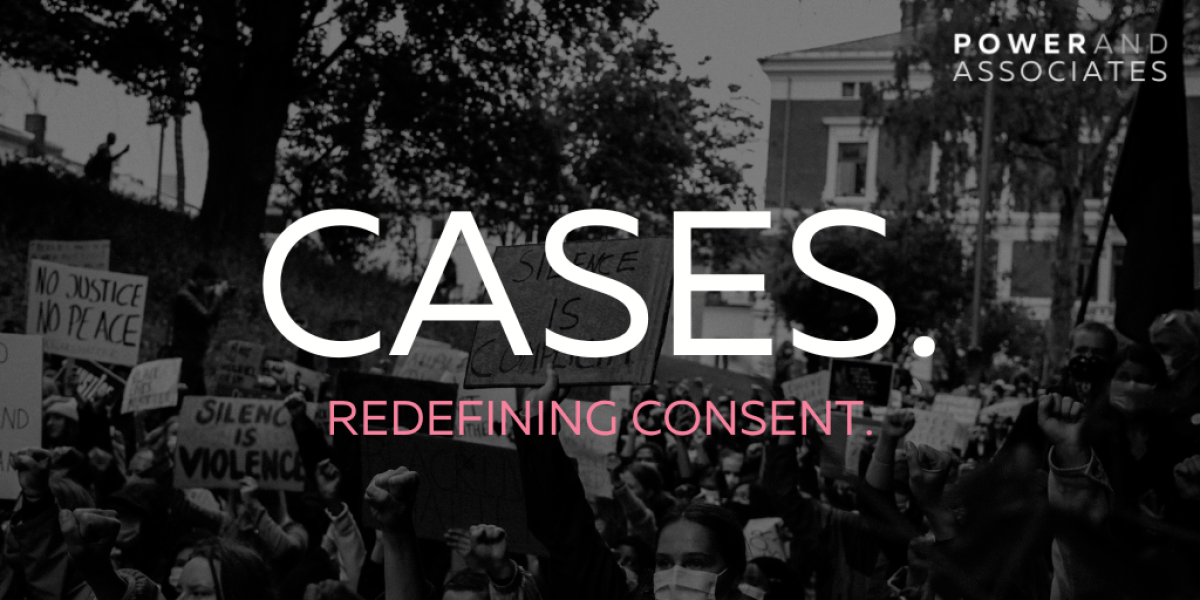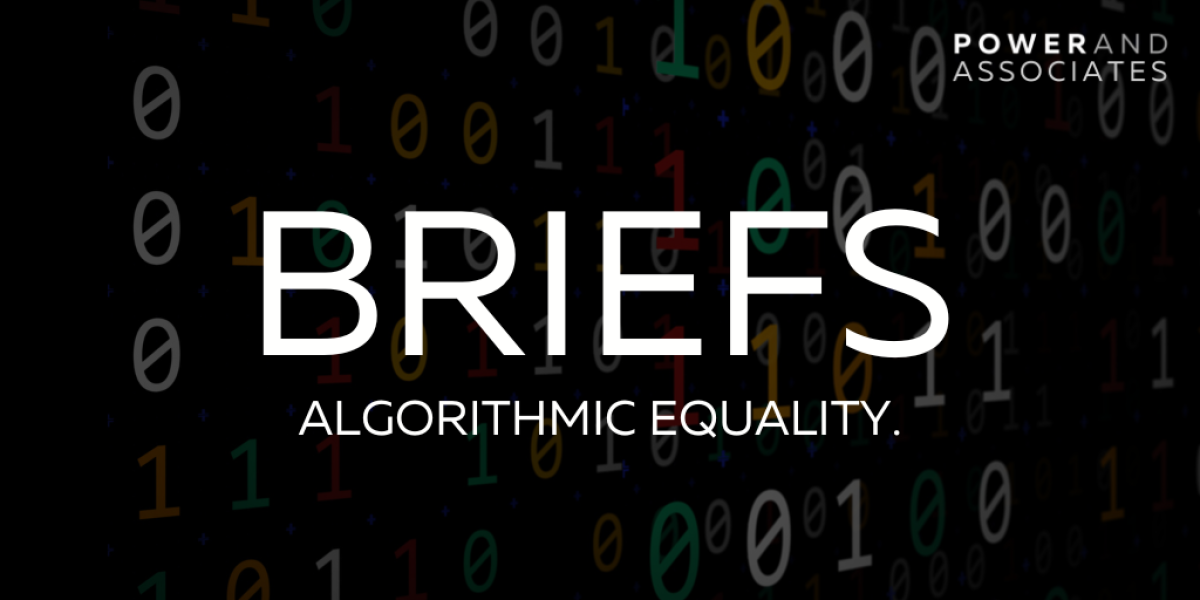UN Special Rapporteur publishes report on combating violence against women journalists
The United Nations Special Rapporteur on Violence Against Women (UN Special Rapporteur) has published a report to the Human Rights Council on combating violence against women journalists. The report highlights the causes and consequences of gender-based violence against women journalists and provides recommendations on how states and other stakeholders can address gender-based violence against women journalists and ensure that they can work in a safe environment.
According to the report:
Women journalists are expected to fit into stereotyped roles and sexualized images of women and to operate within unequal power relationships between men and women in the media world. They are often targeted for being highly visible and outspoken and for their work, especially when they are breaking the rules of gender inequity and stereotypes. Many women journalists also face intersectional discrimination and gender-based violence because of other characteristics such as, but not limited to, race, religion, ethnicity or minority affiliation. Gender-based violence against women online, and especially against women journalists who use information and communications technologies (ICTs) as tools for their work, includes any act of violence that is committed, assisted or aggravated in part or fully by the use of ICTs, such as mobile phones and smartphones, the Internet, social media platforms or email, against a woman because she is a woman, or that affects women disproportionately.
Furthermore, for the purposes of the report, the term “journalism” is defined as including any activity that consists of the collection and dissemination of information to the public through any means of communication and applies to all persons involved in a journalistic process of providing information to the public, including editors, commentators, freelancers and part-time authors, communicators, bloggers and citizen journalists.
The report includes the following recommendations to states:
- Fully apply international human rights standards on the freedom of expression and the protection of journalists, as well as women’s rights instruments related to the prohibition of discrimination and gender-based violence against women, using the synergies between them to ensure the safety of women journalists working in independent news media and government-affiliated media entities, freelancers and other news media workers.
- Bring laws, policies and practices fully into compliance with obligations and commitments under international human rights law and, where necessary, amend them so that they do not limit the ability of women journalists and media workers to carry out their work independently and without undue interference.
- Prohibit and criminalise sexual harassment and other forms of gender-based violence against women journalists, including threats of rape and other forms of gender-based violence such as online or ICT-facilitated forms of violence against women journalists; encourage reporting of harassment or violence; remove any statute of limitation for prosecution; provide adequate reparations and compensation for victims.
- Recognise “doxing” against women journalists as a form of gender-based violence, and address it through relevant legal and policy measures, including the establishment of a reporting mechanism for women journalists who become victims of it.
- Address factors that increase the likelihood of violence and harassment in the world of work for women journalists, including discrimination, abuse of power relations and norms that support violence and harassment, and create internal mechanisms against sexual harassment in the workplace.
- Create special investigative units or independent commissions, such as media councils and tribunals that are independent of government, to address issues related to women journalists, in particular gender-based violence.
- Support the establishment by media organisations or civil society of early-warning and rapid-response mechanisms, such as hotlines, online platforms or 24-hour emergency contact points, to ensure that journalists and other media actors have immediate access to protective measures when threatened.
- Develop protocols and training programmes for police, prosecutors and judges who are responsible for fulfilling state obligations concerning the protection of human rights of women journalists and other media actors.
- Establish information-gathering mechanisms, such as databases, to permit the gathering of verified information about attacks and gender-based violence against women journalists.
- Implement the principle that human rights and women’s rights that are protected offline should be protected online.
- Establish an effective response to online gender-based violence against women journalists and efficient cooperation with internet intermediaries in that regard.
The report is accessible here.
Please note: The information contained in this note is for general guidance on matters of interest, and does not constitute legal advice. For any enquiries, please contact us at [email protected].





